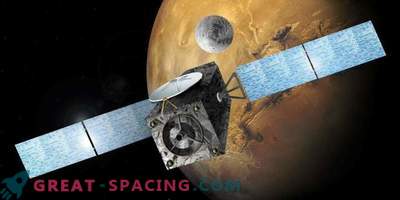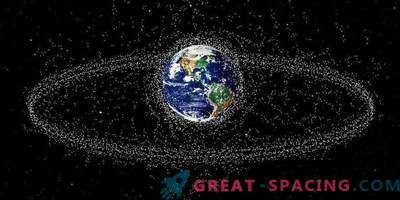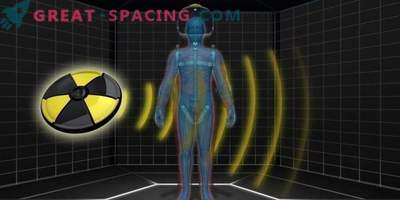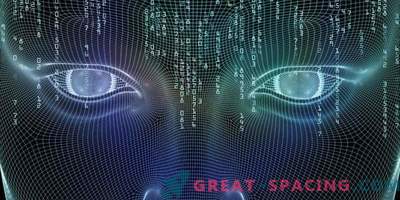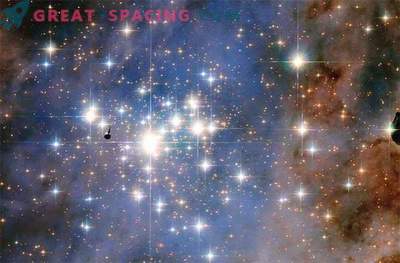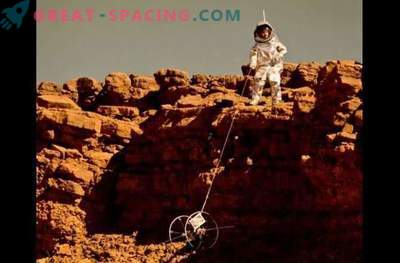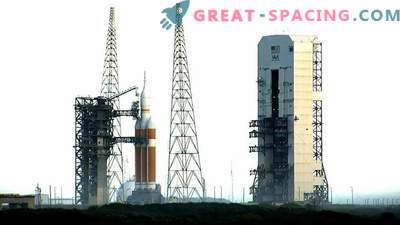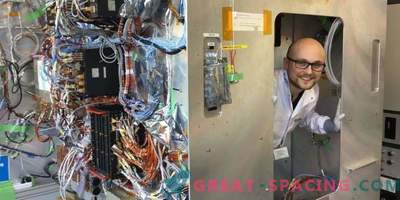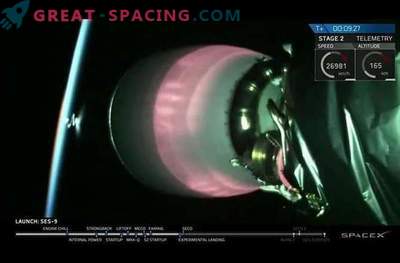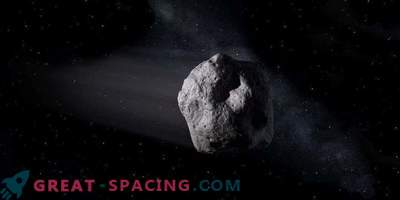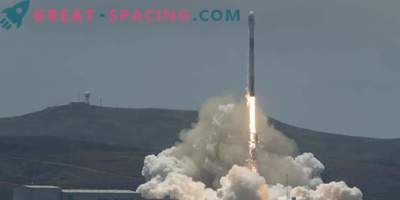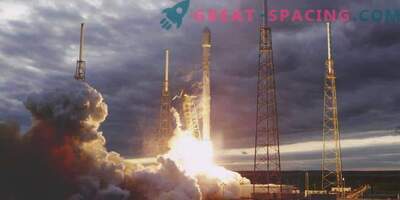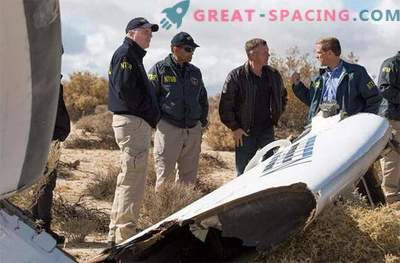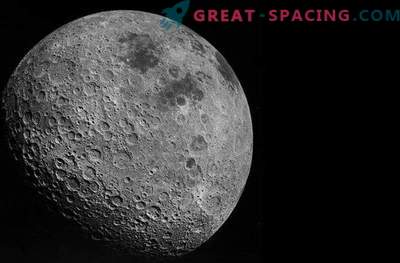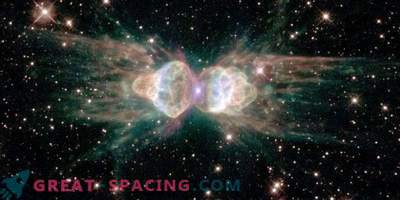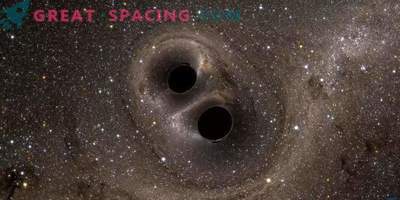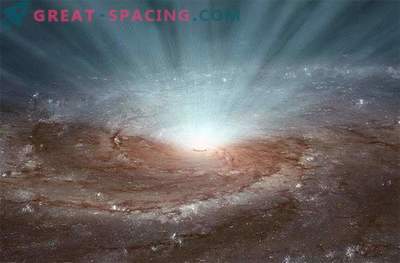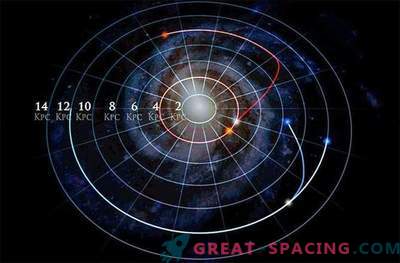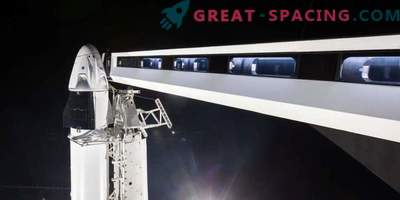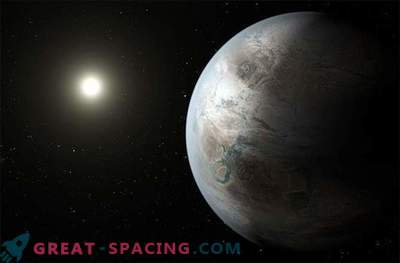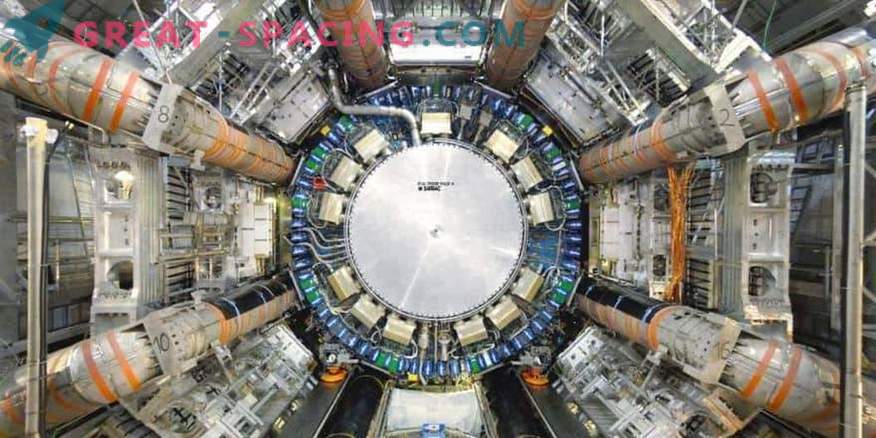
Illustration of the Large Hadron Collider - the world's largest particle accelerator (Switzerland)
The future may turn out to be beautiful or monstrous. The stakes are incredibly high, because every year people are increasingly responsible for the state of the planet and the development of history. Over the past few days, Martin Ries, a book by Cosmologist Martin On the Future: Perspectives for Humanity (2018), has been actively discussing in networks. She makes a frightening assumption: if everything goes wrong, then a particle accelerator can turn the Earth into a dense sphere or a black hole!
However, in fact, the book takes into account a tiny percentage of the likelihood of such a development. The author himself points out that people just need to take a more responsible approach to any research, especially if nature has not provided any guidelines. Moreover, the galaxy has powerful cosmic rays (exceed the energy of the Earth’s particle accelerator), which, while colliding, have not yet created anything catastrophic.
When nature does not know the answer
Reese is more concerned about human activity, which is not always consistent with nature. For example, scientists have already learned how to edit genes, which will allow creating completely unprecedented organic products. And if you mess with a dangerous virus, it is difficult to predict the consequences. For example, a study on modification for mosquitoes is being considered to reduce the transmission of various diseases. The gene disk changes the genetic code to change the likelihood of inheriting certain problems, leading to unpredictable environmental consequences. Frightening Reese and the fact that now a small handful of people (or even one) can affect the planet and all of humanity.
Technologies are rapidly developing, which is especially noticeable in medicine and space research. Experiencing is about collective impact on climate, environment and biodiversity. Therefore, it is important to maintain international dialogue and fight the pressure exerted by people on the world. Reese believes that it is much easier to understand on the spot than to fly with our “human” mentality to another planet and repeat all the same mistakes there.
The author also noted that he sees no potential threat in robots. Humans evolved from earlier primates through natural selection, which is why they show increased craving for aggression and the development of intelligence. But electronics does not need a struggle for survival and does not meet Darwin's criteria, so aggression should not appear in robots. Therefore, they will not destroy humanity and colonize space.




